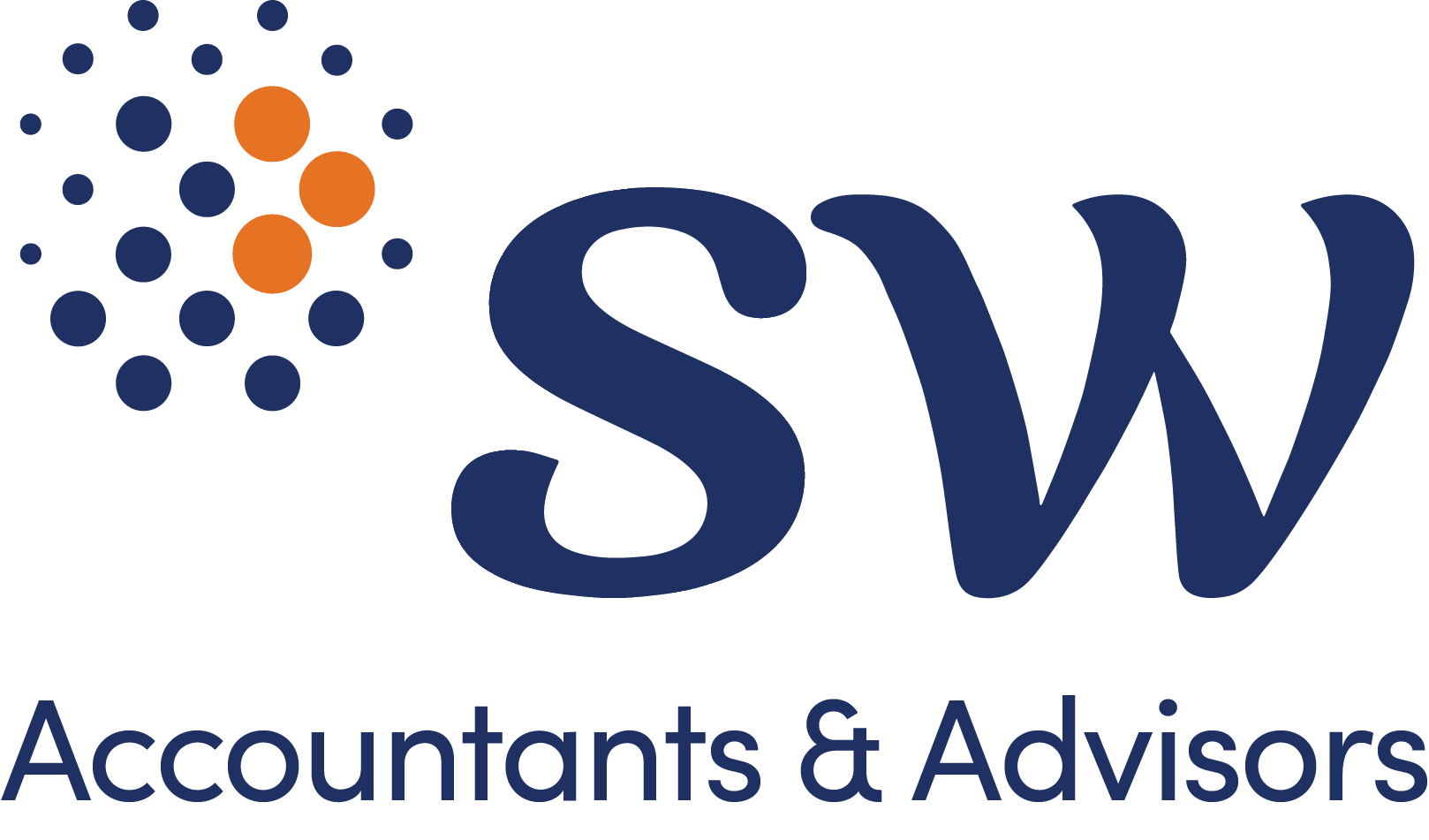
Proposed income tax amendments for General Insurance Contracts
20/07/2023
Following the 2023/24 Federal Budget announcement to reduce the regulatory burden facing general insurers, the Australian Treasury released Exposure Draft legislation on 10 July 2023, to be applicable for income years starting on or after 1 January 2023.
Requirements for calculating tax liabilities that arise from general insurance contracts are set out in Division 321 of the ITAA 1997.
The existing legislations broadly align with the requirements of AASB 1023, which was replaced by AASB 17 as the mandatory accounting methodology for insurance contracts for financial reporting purposes from 1 January 2023.
The proposed amendments will ensure general insurers be able to continue prepare their income tax returns and align tax treatments of insurance contracts with audited financial reporting information.
Proposed changes
Liability for incurred claims
The existing rules in Subdivision 321-A provides that assessable income or deduction for an income year is determined by comparing the outstanding claims liability at the end of that year against prior income year.
In the proposed draft legislation, this would be replaced with the AASB 17 concept of “liability for incurred claims”, being the fulfilment cash flows related to past services allocated to the relevant group contracts at that date.
The amount is further adjusted to exclude any costs (e.g. claims handling costs, etc) that could not be directly attributable to a particular claim and by the present value of estimated recoveries.
Liability for remaining coverage
The existing rules in Subdivision 321-B provide that assessable income or deduction for an income year is determined by comparing the unearned premium reserve at the end of that year against prior income year using a five-step method.
Under the proposed change, this concept is replaced with “liability for remaining coverage”, defined as fulfilment cash flows relating to future services allocated to the relevant group of contracts at that date.
This amount is then adjusted for tax purposes to exclude certain items (defined within AASB 17), including onerous contracts and fulfilment cash flows that are not premiums (e.g. certain reinsurance premiums, commissions, etc.).
What has not changed?
Payment of claims
The tax treatment for payment of claims has not changed. In that regard, a claim under general insurance policies is treated as paid and therefore deductible, even in situations where funds have not actually been disbursed at year end, if the claim is settled within the income year, the relevant liability is no longer reflected as liability for incurred claim and payable by the insurer at the end of that income year.
Gross Premiums
Gross premium income received or receivable for an income year in respect of general insurance policies will continue to be included in the general insurer’s assessable income.
Application Date
The new legislation is set to apply to income years beginning on or after 1 January 2023, to align with the application of AASB 17.
Transitional arrangements are available in the first income year to ensure no permanent differences will arise for general insurers on adoption of AASB 17.
How SW can help
The Treasury is currently seeking submissions, with the consultation period concluding on 21 July 2023.
SW will be monitoring for new announcements and introduction of the bill and will keep you updated once additional information is available.
Please reach out to your SW Partner or contact for any assistance on how this may impact your business.



